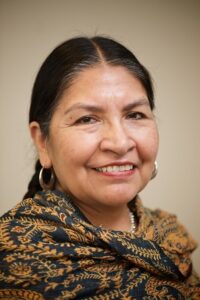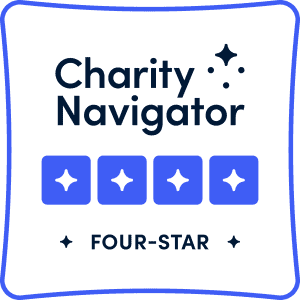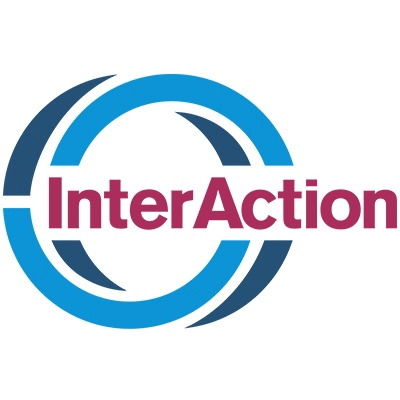Peru has made significant advances in the reduction of poverty, but many extractive projects threaten the ancestral lands of rural indigenous groups, as evidenced by the high disparities throughout the country, particularly between rural and urban communities.
Peru is a country rich in cultural heritage, with the second largest indigenous population in the Americas, and three official languages (Spanish, Quechua and Aymara). There is great natural diversity, as Peru boasts both the Andean mountain range and the Amazon rainforest.
Over the past ten years, Peru has made significant advances in the reduction of the national poverty rate and demonstrated democratic progress. As one of the fastest growing economies in South America, the Peruvian government has made efforts to create a welcoming investment climate. As a result, many multinational corporations have turned to Peru for extractive projects such as mines, dams and oil fields. These projects threaten the ancestral lands of rural indigenous groups, and benefits from these natural resources are perceived to not be evenly distributed, as is further evidenced by the high disparities throughout the country, particularly between rural and urban communities.
Indigenous communities throughout Peru are banding together to call for more representative, inclusive, and multicultural policy and representation. Despite a national law in 1997 that criminalizes racial discrimination, indigenous communities are systematically marginalized and neglected from democratic processes. Work toward an inclusion agenda seeks equitable social progress and the protection of democratic representation for all Peruvian citizens.
Our Work
The Hunger Project has been active in Peru since 1997, and works in partnership with Chirapaq (Center for Indigenous Peoples’ Cultures of Peru), an organization founded by Andean and Amazonian people in 1986. Chirapaq was founded under the principle of reclaiming indigenous identity through the valorization and sharing of cultural expressions from their communities.
Chirapaq works in four programmatic areas including:
- An Indigenous Women’s Program working to strengthen and empower networks of indigenous women’s organizations;
- Food security and sovereignty;
- Ñoqanchiq, meaning “From Ourselves”, focuses on the reaffirmation of cultural identity in indigenous girls, boys and young people; and
- Cultural and political advocacy.
Chirapaq’s Indigenous Women’s Program
Chirapaq’s Indigenous Women’s Program promotes integrated and holistic development among Andean and Amazonian indigenous women, building leadership skills to encourage their role as protagonists and principle actors within their communities and in their own processes of change. Through skill building, women learn to develop proposals, programs and projects, and influence public policies through leadership development and improved organizational management. All of this is implemented on the principles of democratic practice, cultural and generational cooperation, and gender equality.
The Hunger Project and Chirapaq work together in partnership with two Shawi women’s groups in the Loreto region and the Organization of Indigenous Women of Laramate (OMIL), a Quechua women’s group in the Ayacucho region. Since 2013, The Hunger Project and Chirapaq have partnered with the three women’s groups to implement the project “Prevention and Reduction of Chronic Childhood Malnutrition in Quechua and Shawi Communities through Traditional Indigenous Knowledge and Biodiversity.”
The Food Security and Sovereignty Program
The Food Security and Sovereignty Program is oriented toward recovering local food culture, practicing sustainable, ancestral agricultural techniques, and preserving community organizational practices. Through an intercultural perspective, Chirapaq promotes ancestral wisdom and technology in agriculture, while incorporating the best of modern engineering and lessons learned.
The Hunger Project
Av Horatio Urteaga
Jesus Maria
Lima 11
Phone: +51 1 433-4906
Fax: +51 1 423-2757
Team
News
Make change happen. Invest in people.
Mailing address
The Hunger Project
110 West 30th Street, 6th Floor
New York, NY 10001
Get connected
Join the conversation on social, and stay connected with the latest from our partners around the world.
Stay informed
Subscribe to our newsletter to receive updates of latest news and events.
© The Hunger Project | Website by The Good Alliance






